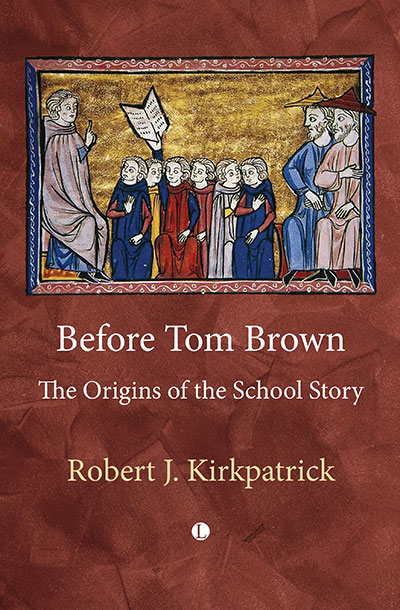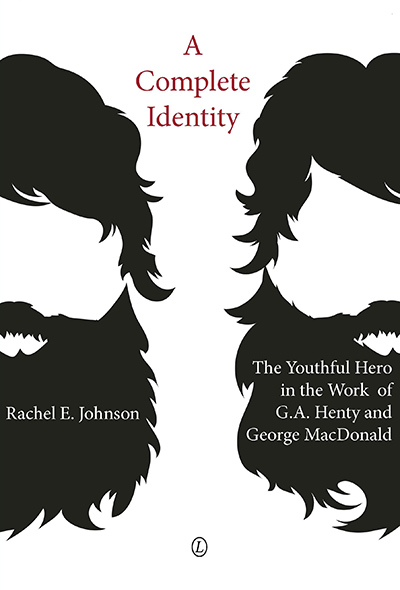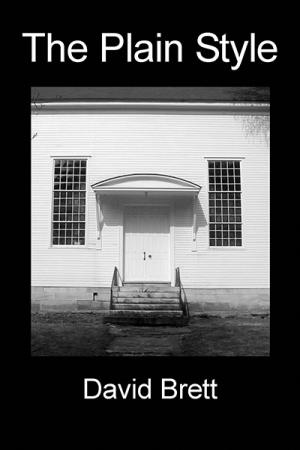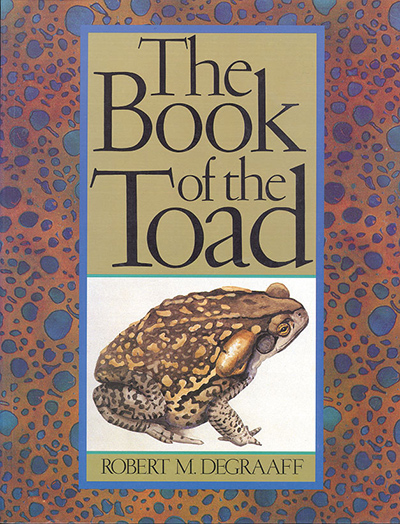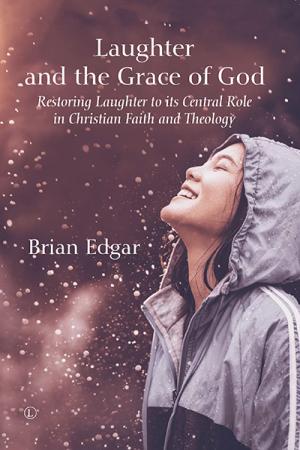Description
The use of school life as a closed narrative environment is well documented, and modern examples such as Malory Towers and Harry Potter show the genre’s continued appeal. While there have been several histories of the school story, especially in children’s literature, almost all of them take as their starting point Tom Brown’s Schooldays. Although occasionally acknowledged in passing, there has never been a complete study of earlier school stories, or of other fictional portrayals of school life before the middle of the eighteenth century.
In Before Tom Brown, Robert Kirkpatrick traces the roots of the school story back to 2500BC, when school life was a feature of Sumerian, Egyptian and Graeco-Roman texts written as teaching aids for children. From Chaucer’s Canterbury Tales to Shakesperean comedies, he explores for the first time the use of school dialogues in the classroom, in print and on stage, and presents new evidence that the first school novel appeared in 1607. Finally, he examines the role of the school story in the broader development of the novel as the genre became established through the eighteenth century. Readers will be rewarded with a whole new perspective on the history of children’s literature.
About the Author
Robert J. Kirkpatrick is the author of several books on children’s literature, including The Encyclopaedia of Boys’ School Stories (2000), From the Penny Dreadful to the Ha’penny Dreadfuller: A Bibliographic History of the Boys’ Periodical in Britain 1752-1950 (2013) and The Men Who Drew for Boys (and Girls): 101 Forgotten Illustrators of Children’s Books 1844-1970 (2019). He is a long-standing member of the Children’s Books History Society (and the Society’s Secretary since 2010), and has twice won the Society’s Harvey Darton Award.
Contents
Acknowledgements
Introduction
1 Early School Dialogues and Texts: From 2500 bc to ad 1000
2 Chaucer’s Schoolboy
3 Fifteenth- to Seventeenth-Century Vulgaria and Colloquies
4 Schools and Schoolboys on the Stage
5 The First School Novel: Dobsons Drie Bobbes
6 Defoe’s Quarrelling Schoolboys
7 School Life in the Early English Novel
8 Education outside School: Émile, The Fool of Quality and Sandford and Merton
9 The Genre Established: School Stories, 1749–85
Further Reading
Index
Endorsements and Reviews
This is a rare achievement – a book that ends where all other books on the subject begin! Before Tom Brown traces 2000 unexplored years of the school story, unearthing forgotten texts and manuscripts, and re-writing literary and educational history. This readable, scholarly, and meticulously researched book is truly remarkable in its range and originality. Robert Kirkpatrick, independent scholar, is one of a kind. Peter Hunt, Professor Emeritus in Children’s Literature, Cardiff University, Adjunct Professor, Dublin City University
Robert Kirkpatrick’s Before Tom Brown is an erudite and informative history of the school story in English children’s literature filling a silence not broached by others. It will be an invaluable source for researchers and those generally interested in the field. An essential read. Professor Jean Webb, Director of the International Forum for Research in Children’s Literature, University of Worcester
Robert Kirkpatrick is one of, if not the leading authority on the history of school stories, and here in a wide-ranging display of research, he traces the development of the genre as far back as the Sumerians and Greeks, while also examining such unusual sources as the Anglo-Saxon Aelfric and our own Geoffrey Chaucer. A readable and impressive work. Dennis Butts, Former Chairman of the Children’s Books History Society
This is a much-needed and highly detailed collecting and drawing together of threads from disparate sources. Yes, perhaps there is not much here that is startlingly new, and the whole is not riddled with trendy or controversial theory (hurrah!) but the fact is no one has ever done this important job before and no one else was likely to do so. The author’s breadth of relevant reference is impressive. Like all good works, Robert sets the scene for a potential sequel with a focus on Dickens and his contemporaries. Please, sir, can we have some more? Jonathan Cooper In Children’s Books History Society Newsletter no 138, pp31-32, April, 2024

